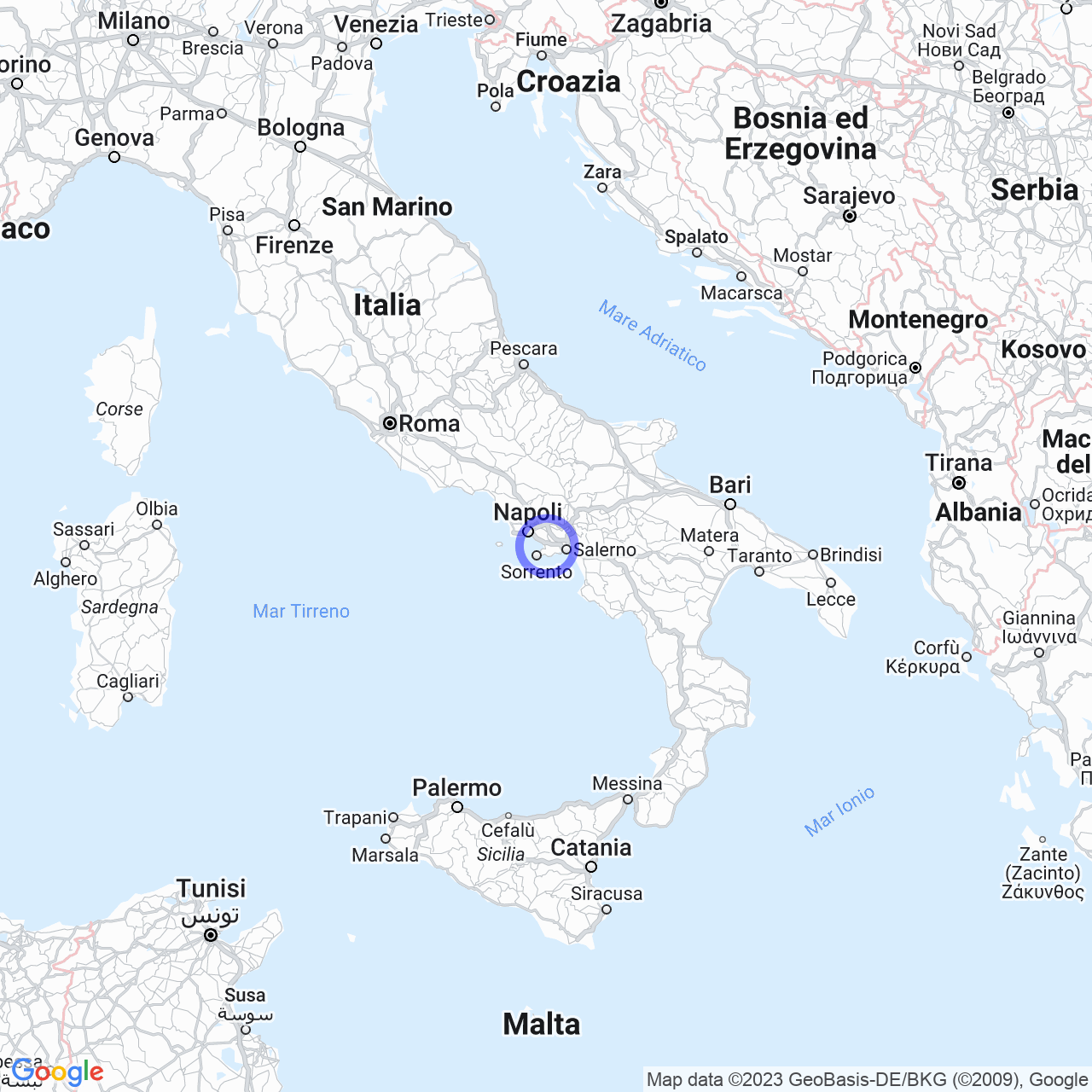Santa Maria la Carità
Hi friends, today we will talk about Santa Maria la Carità, a town in Campania with 11,617 inhabitants. The city is located in the Stabiae-Vesuvian plain, bordering the Nocerino-Sarnese region, and its urban structure radiates from Piazza Borrelli.
History
The first records of the city date back to 900 B.C. when Oscan people began to settle in the area. Later, from 500 B.C., a series of wars and battles took place causing many casualties. In 574 A.D., the Lombards invaded southern Italy and arrived in the Sarno plain, where they began building military watchtowers. In 1318, King Robert of Anjou delimited the Cancelleria fief, setting the church of Santa Maria la Carità as the border term. In 1860, some of the inhabitants became bandits after violent clashes with anti-Garibaldi forces. Finally, in 1978, Santa Maria la Carità obtained complete autonomy from the municipality of Gragnano.

Monuments and places of interest
Religious architecture
The church of Santa Maria la Carità, dating back probably to the 17th century, has undergone numerous transformations, including the most radical in 1935.
Bell tower
The bell tower of the church was once a Lombard military watchtower and was located along the ancient connecting road between the Sarno plain and the Lattari Mountains.
Curiosities about the name of the city
The name "la Carità" of the town was added to overcome cases of homonymy with other locations. The name "Santa Maria," on the other hand, is inspired by the worship of the city's patron saint, Santa Maria delle Grazie.
Conclusions
Santa Maria la Carità is a city with a very ancient and interesting history from the point of view of monuments and places of interest. Its church and bell tower are representative of the city's history, while the curious addition of the town's name makes it unique compared to other locations. I recommend visiting Santa Maria la Carità to appreciate its beauty and historical heritage.
